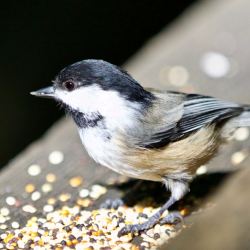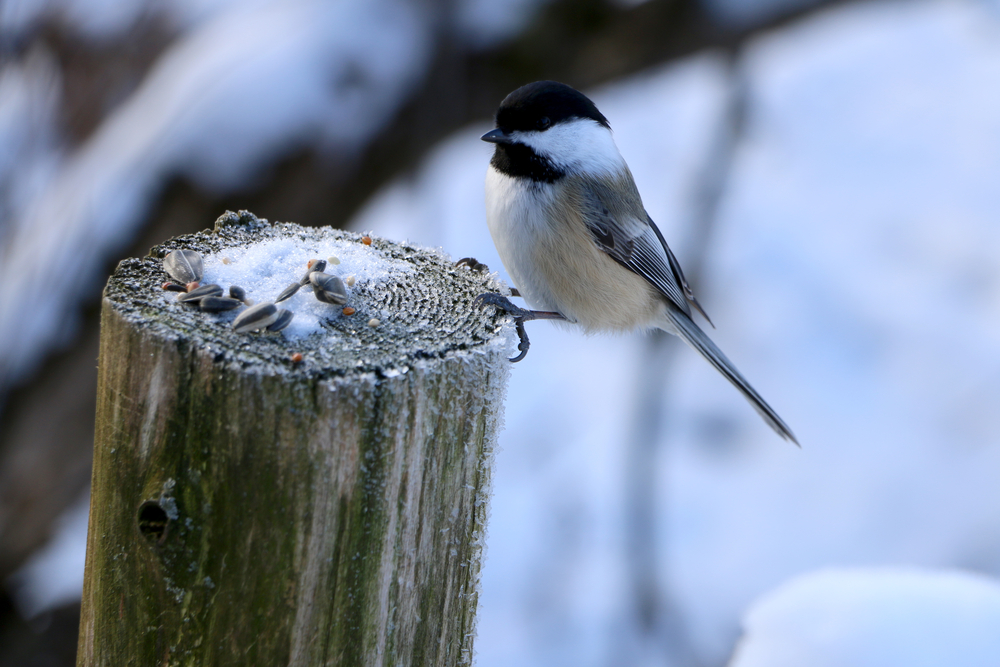
We know that excess noise can negatively impact human quality of life, for instance, by introducing stress-inducing stimuli to a previously placid environment. And it can even damage one's health. But what impact does extraneous noise have on animals?
In pursuit of answers, two researchers in New York State applied that question to ornithology, the branch of zoology focusing on birds. What they found was that for creatures that must rely on their hearing for communication and safety, excess background noise can threaten their very survival.
The kind of superfluous commotion birds are frequently subjected to is traffic noise. Therefore, seeking to gauge the impact of that noise, Megan Gall, Assistant Professor of Biology at Vassar College, teamed with Jacob Damsky, a recent graduate and biology major, to learn "how traffic noise affected the reactions of Black-capped Chickadees and Tufted Titmice to titmouse alarm calls, which warn birds that a predator is nearby."
The researchers set up baiting platforms using bird seed, and installed speakers nearby which played three recordings: (1) alarm calls; (2) traffic noise; and (3) a combination of both. What Gall and Damsky uncovered, according to a statement from the Central Ornithology Publication Office, was that the sounds of nearby traffic "didn't deter the birds from feeding, but five times as many birds approached speakers when the researchers played alarm calls on their own compared with when traffic sounds were added."
 "Our data support the hypothesis that anthropogenic noise can alter behavioral responses to chick-a-dee calls," Gall and Damsky wrote in their study, titled "Anthropogenic noise reduces approach of Black-capped Chickadee (Poecile atricapillus) and Tufted Titmouse (Baeolophus bicolor) to Tufted Titmouse mobbing calls," published in the journal The Condor: Ornithological Applications. "This finding is of particular concern because chick-a-dee calls are given in response to a threatening stimulus. If receivers are slow to respond to these warnings, they may be unable to take advantage of the warning."
"Our data support the hypothesis that anthropogenic noise can alter behavioral responses to chick-a-dee calls," Gall and Damsky wrote in their study, titled "Anthropogenic noise reduces approach of Black-capped Chickadee (Poecile atricapillus) and Tufted Titmouse (Baeolophus bicolor) to Tufted Titmouse mobbing calls," published in the journal The Condor: Ornithological Applications. "This finding is of particular concern because chick-a-dee calls are given in response to a threatening stimulus. If receivers are slow to respond to these warnings, they may be unable to take advantage of the warning."
Learning about the study, Rindy Anderson, an expert in vocal communication in birds from Florida Atlantic University, said "Gall and Damsky's experiment helps us understand how human-caused noise can interfere with the transfer of information among animals in social groups."
